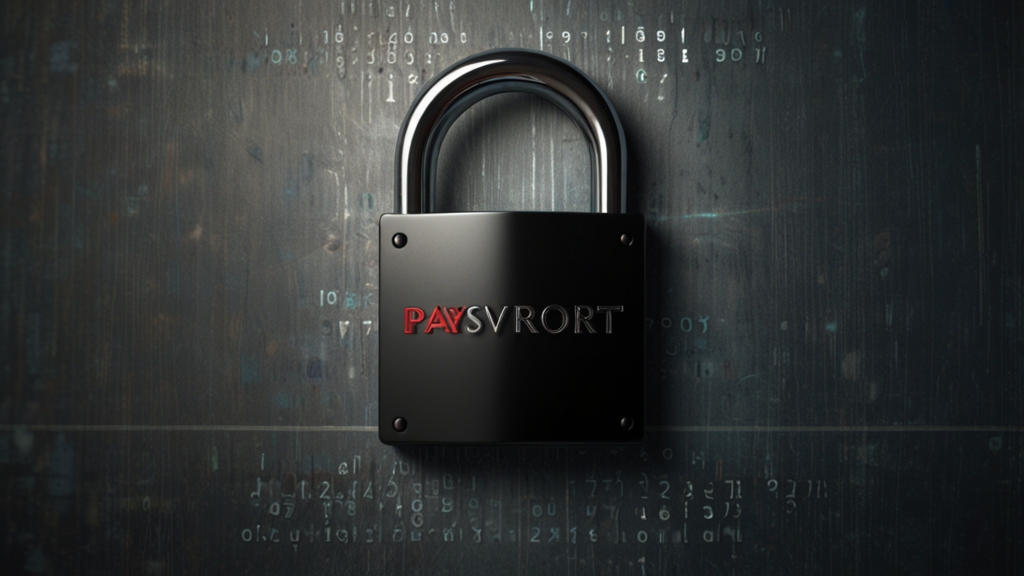Introduction
In an increasingly digital world, cybersecurity has become paramount. As businesses, governments, and individuals continue to depend on interconnected systems, the threat landscape grows more complex. While malicious hackers often grab headlines, there is a group of skilled professionals working tirelessly behind the scenes to protect our digital infrastructure: ethical hackers. These cybersecurity experts, also known as white-hat hackers, are pioneering new security measures that are essential for safeguarding data and systems.
The Role of Ethical Hackers
Ethical hackers are cybersecurity experts who use their knowledge and skills to identify vulnerabilities in systems before malicious hackers can exploit them. Companies and organizations hire these professionals to conduct penetration testing, vulnerability assessments, and security audits. Unlike malicious hackers, ethical hackers operate with permission and within the bounds of the law, providing invaluable insights that help improve overall security posture.
"The only system that is truly secure is one which is switched off and unplugged. This means ethical hackers face the immense challenge of securing systems that must remain operational in a hostile digital environment." - Kevin Mitnick, former black-hat hacker turned security consultant.
Advanced Penetration Testing
One of the primary tasks of ethical hackers is advanced penetration testing. This involves simulating cyberattacks to identify weaknesses and potential entry points in the systems. By employing the same techniques that malicious hackers use, ethical hackers can expose vulnerabilities before they are exploited. This proactive approach allows organizations to patch vulnerabilities and enhance their defenses effectively.
Penetration testing has evolved significantly over the years. Ethical hackers now leverage automated tools, custom scripts, and advanced methodologies to uncover hidden threats. By remaining at the forefront of technological advancements, ethical hackers ensure that their testing methods are as comprehensive and effective as possible.
Innovative Security Measures
Ethical hackers are not just identifying vulnerabilities; they are also driving innovation in security measures. Their unique perspective allows them to recommend and develop cutting-edge solutions to fortify systems. For instance, the rise of multi-factor authentication (MFA) and zero-trust architectures can be attributed, in part, to the insights provided by ethical hackers.
MFA adds an additional layer of security by requiring users to provide multiple forms of identification. This reduces the risk of unauthorized access, even if one factor is compromised. Zero-trust architectures, on the other hand, operate on the principle that no device or user should be trusted by default. By continuously monitoring and authenticating access requests, zero-trust models significantly enhance network security.
"Security used to be an inconvenience sometimes, but now it's a necessity all the time." - Martina Navratilova, tennis legend and cybersecurity advocate.
Ethical Hacking in the Age of AI and Machine Learning
Artificial intelligence (AI) and machine learning (ML) have revolutionized various sectors, and cybersecurity is no exception. Ethical hackers are now integrating AI and ML into their security frameworks to predict and prevent cyberattacks more efficiently. These technologies can analyze vast amounts of data in real time, identify patterns of malicious behavior, and respond to threats faster than humanly possible.
For example, AI-powered intrusion detection systems can continuously monitor network traffic for suspicious activities, learning from each detection to improve accuracy over time. Ethical hackers play a crucial role in fine-tuning these systems, ensuring that they adapt to evolving threats while minimizing false positives.
The Human Element
While technology is essential in combating cyber threats, the human element remains equally important. Ethical hackers bring creativity, intuition, and a deep understanding of human behavior to the table—qualities that machines cannot replicate. They can think like adversaries, anticipate the latest tactics, and devise strategies to counteract them.
Training and awareness programs led by ethical hackers are vital for educating employees about cybersecurity best practices. A well-informed workforce can be the first line of defense against phishing attacks, social engineering, and other common exploits.
"The biggest risk is not taking any risk. In a world that is changing really quickly, the only strategy that is guaranteed to fail is not taking risks." - Mark Zuckerberg, co-founder of Facebook.
Conclusion
Ethical hackers are the unsung heroes of the digital age. By identifying vulnerabilities, pioneering new security measures, and leveraging advanced technologies, they play a crucial role in fortifying our digital world. As cyber threats continue to evolve, the expertise and innovation of ethical hackers will remain indispensable in the quest for a secure and resilient cyberspace.


